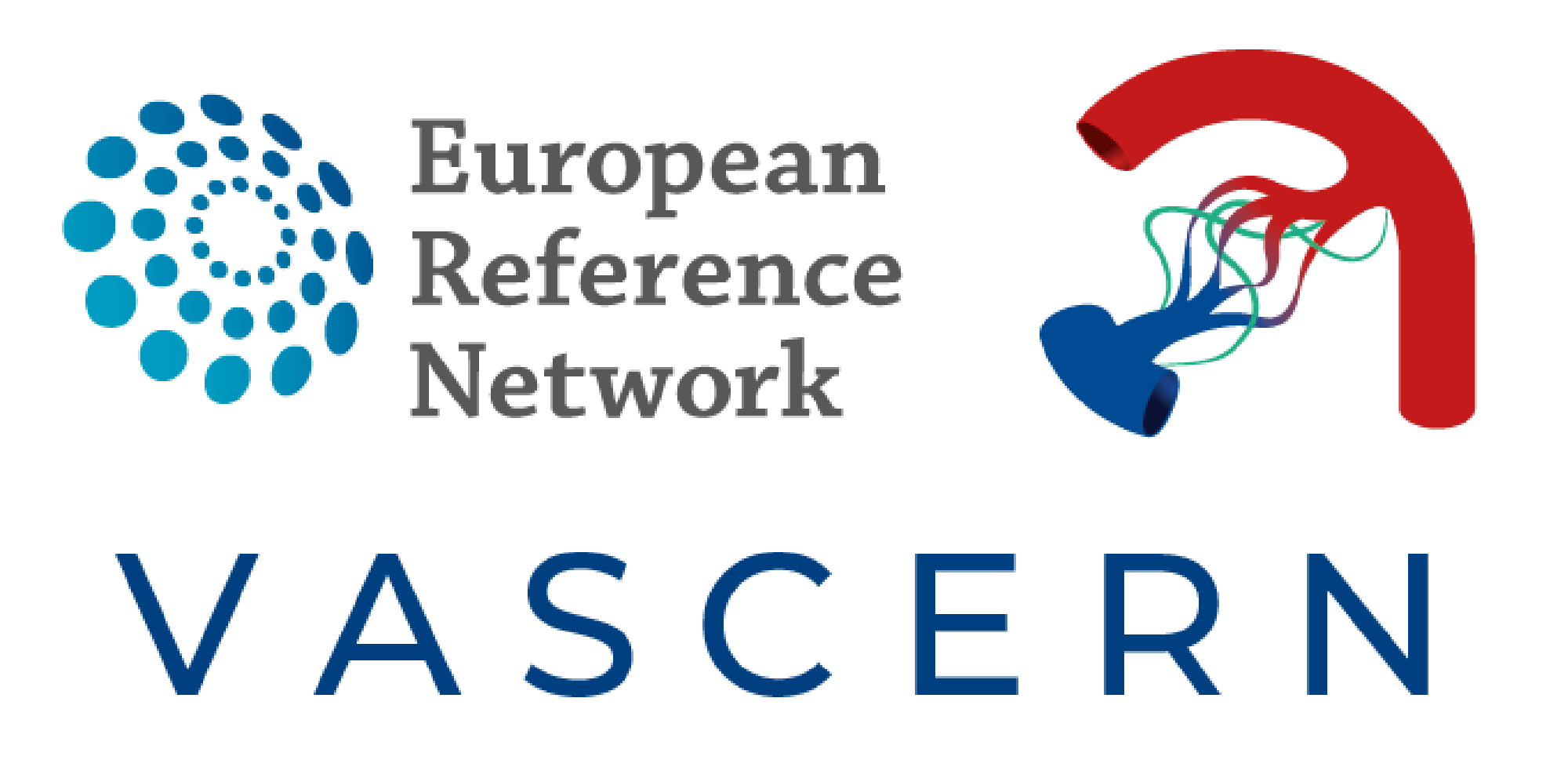

A new position paper by the Hereditary Haemorrhagic Telangiectasia working group (HHT WG), entitled European Reference Network for Rare Vascular Diseases (VASCERN) position statement on cerebral screening in adults and children with hereditary haemorrhagic telangiectasia (HHT), has recently been published in the Orphanet Journal of Rare Diseases.
Abstract:
“Hereditary haemorrhagic telangiectasia (HHT) is a multisystemic vascular dysplasia inherited as an autosomal dominant trait. Approximately 10 % of patients have cerebral vascular malformations, a proportion being cerebral arteriovenous malformations (AVMs) and fistulae that may lead to potentially devastating consequences in case of rupture. On the other hand, detection and treatment related-risks are not negligible, and immediate. While successful treatment can be undertaken in individual cases, current data do not support the treatment of unruptured AVMs, which also present a low risk of bleeding in HHT patients. Screening for these AVMs is therefore controversial.
Structured discussions, distinctions of different cerebrovascular abnormalities commonly grouped into an “AVM” bracket, and clear guidance by neurosurgical and neurointerventional radiology colleagues enabled the European Reference Network for Rare Vascular Disorders (VASCERN-HHT) to develop the following agreed Position Statement on cerebral screening:
1) First, we emphasise that neurological symptoms suggestive of cerebral AVMs in HHT patients should be investigated as in general neurological and emergency care practice. Similarly, if an AVM is found accidentally, management approaches should rely on expert discussions on a case-by-case basis and individual risk-benefit evaluation of all therapeutic possibilities for a specific lesion.
2) The current evidence base does not favour the treatment of unruptured cerebral AVMs, and therefore cannot be used to support widespread screening of asymptomatic HHT patients.
3) Individual situations encompass a wide range of personal, cultural and clinical states. In order to enable informed patient choice, and avoid conflicting advice, particularly arising from non-neurovascular interpretations of the evidence base, we suggest that all HHT patients should have the opportunity to discuss knowingly brain screening issues with their healthcare provider.
4) Any screening discussions in asymptomatic individuals should be preceded by informed pre-test review of the latest evidence regarding preventative and therapeutic efficacies of any interventions. The possibility of harm due to detection of, or intervention on, a vascular malformation that would not have necessarily caused any consequence in later life should be stated explicitly.
We consider this nuanced Position Statement provides a helpful, evidence-based framework for informed discussions between healthcare providers and patients in an emotionally charged area.”
Given the scarcity of longitudinal studies regarding natural history of cerebral arteriovenous malformations (AVMs) in HHT, this paper aims to provide accurate, complete and updated information on this topic in order to ensure the correct patient empowerment in the final decision to accept/decline instrumental screening. We congratulate the HHT WG on this important work!
Read the full article here
Reference: European Reference Network for Rare Vascular Diseases (VASCERN) position statement on cerebral screening in adults and children with hereditary haemorrhagic telangiectasia (HHT).Eker OF, Boccardi E, Sure U, Patel MC, Alicante S, Alsafi A, Coote N, Droege F, Dupuis O, Fialla AD, Jones B, Kariholu U, Kjeldsen AD, Lefroy D, Lenato GM, Mager HJ, Manfredi G, Nielsen TH, Pagella F, Post MC, Rennie C, Sabbà C, Suppressa P, Toerring PM, Ugolini S, Buscarini E, Dupuis-Girod S, Shovlin CL. Orphanet J Rare Dis. 2020 Jun 29;15(1):165. doi: 10.1186/s13023-020-01386-9.
